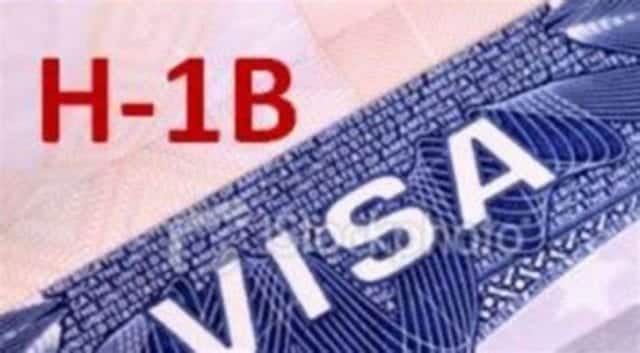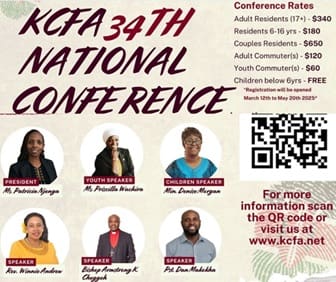
In the heart of Silicon Valley, a storm is brewing as the controversial H-1B visa program raises questions about workplace discrimination.
With technology giants relying heavily on skilled foreign talent, the H-1B Immigration visa has become a hot topic of debate.
In this article, we dive into the issues plaguing this program and how it impacts the workforce in Silicon Valley.
As we unveil the complexities surrounding H-1B visas, let’s examine the key concerns raised by critics.
Claims of discrimination against American workers, alleged preferential treatment of foreign employees, and displacement of local talent have sparked a fierce controversy.
A case in point is that in a class-action lawsuit, a jury in California has found that the H-1B body shop Cognizant had a pattern and practice of discrimination against non-Indian workers.
Three U.S.-born workers described as “Caucasian” had sued Cognizant in U.S. District Court in Los Angeles in 2017. Another plaintiff also a Caucasian and a green card holder from France, joined as a plaintiff later.
In the lawsuit, it was claimed that Cognizant ousted many non-Indian workers by first taking them off projects and “benching” them without work, then keeping them benched until firing them in accordance with a company policy.
After the jury verdict, Cognizant responded by saying that it was “disappointed with the verdict” and would appeal.
“We provide equal employment opportunities for all employees and have built a diverse and inclusive workplace that promotes a culture of belonging in which all employees feel valued, are engaged and have the opportunity to develop and succeed,” the company said. “Cognizant does not tolerate discrimination and takes such claims seriously.”
The H-1B visa is intended for workers with specialized skills, and Silicon Valley tech firms rely on it heavily to secure top talent and also to obtain workers for lower-level jobs via Cognizant and other staffing firms.
The controversy has ignited a heated debate about the ethics of hiring practices in Silicon Valley and beyond.
Critics argue that this program has enabled employers to exploit foreign workers, paying them lower wages, subjecting them to harsh working conditions and at the same time discriminaqting against American workers.
Moreover, it has resulted in limited career opportunities for American workers who are often overlooked in favor of foreign talent and discriminated upon.
About the Author
Isaac Mbugua is a Senior Journalist and Digital News Writer at Diaspora Messenger News Media








